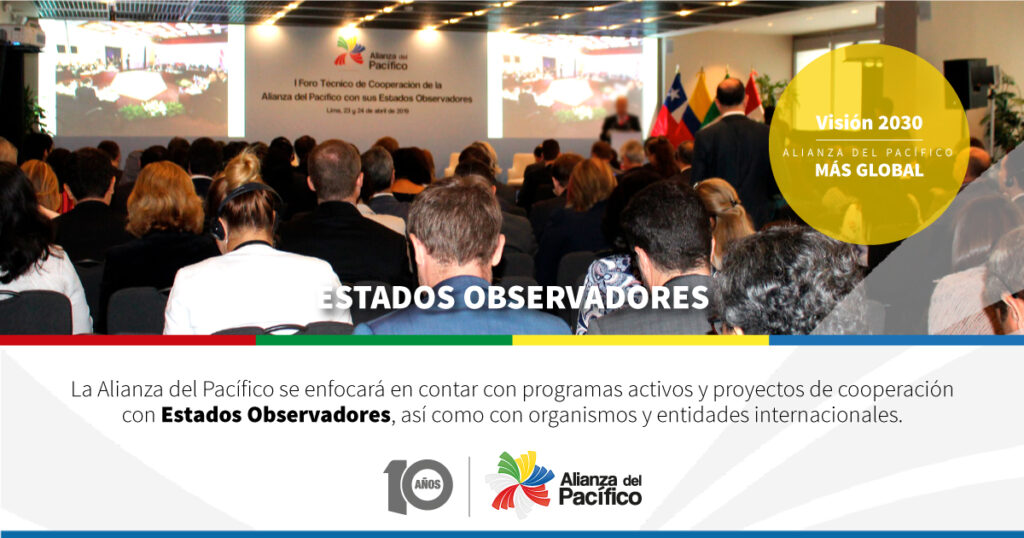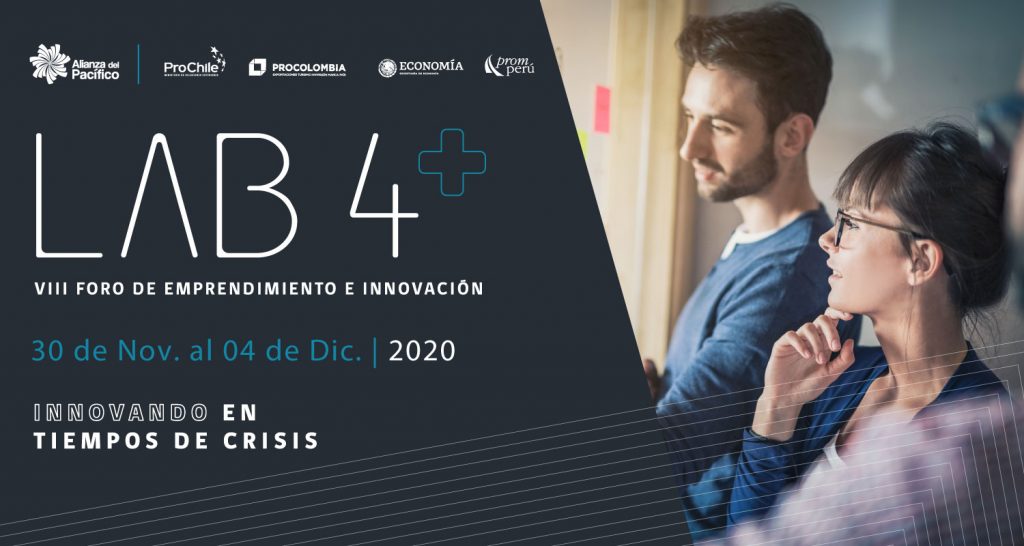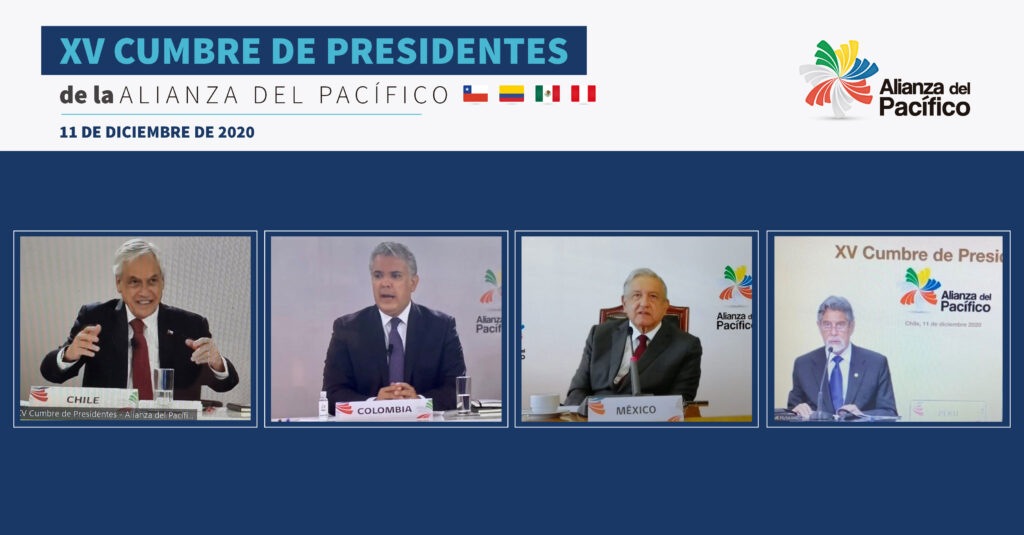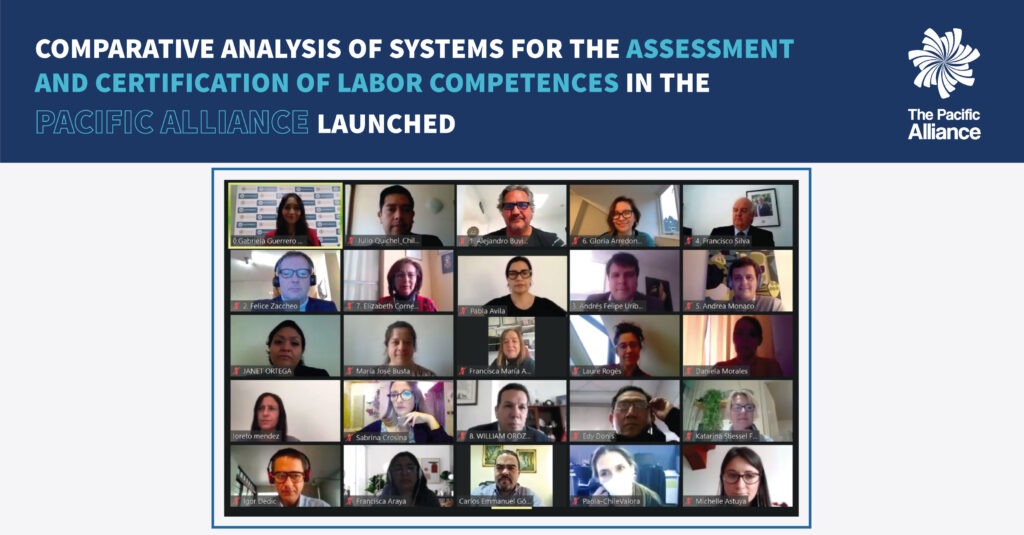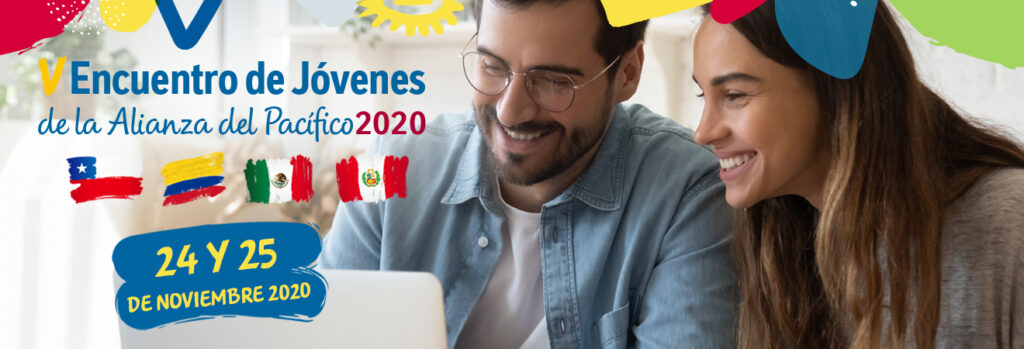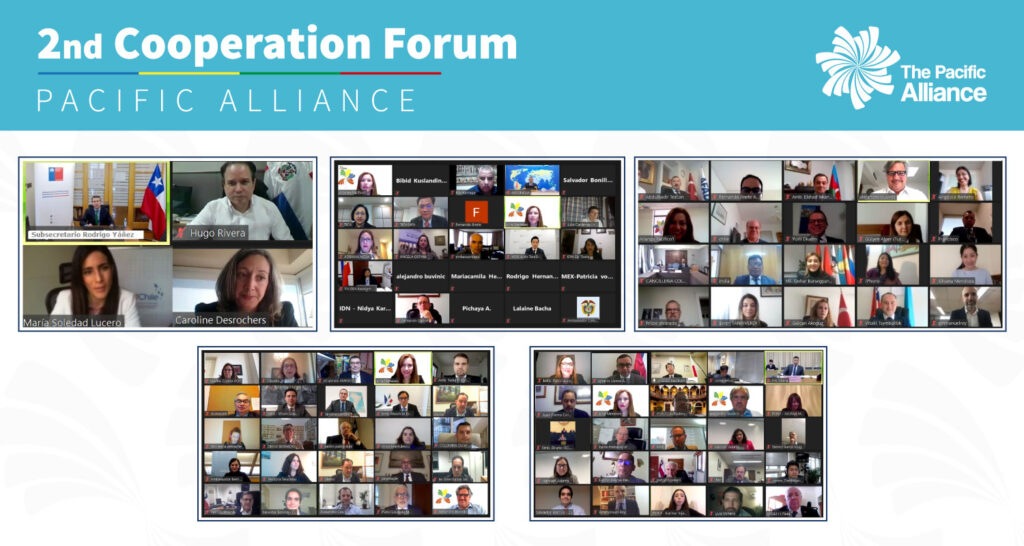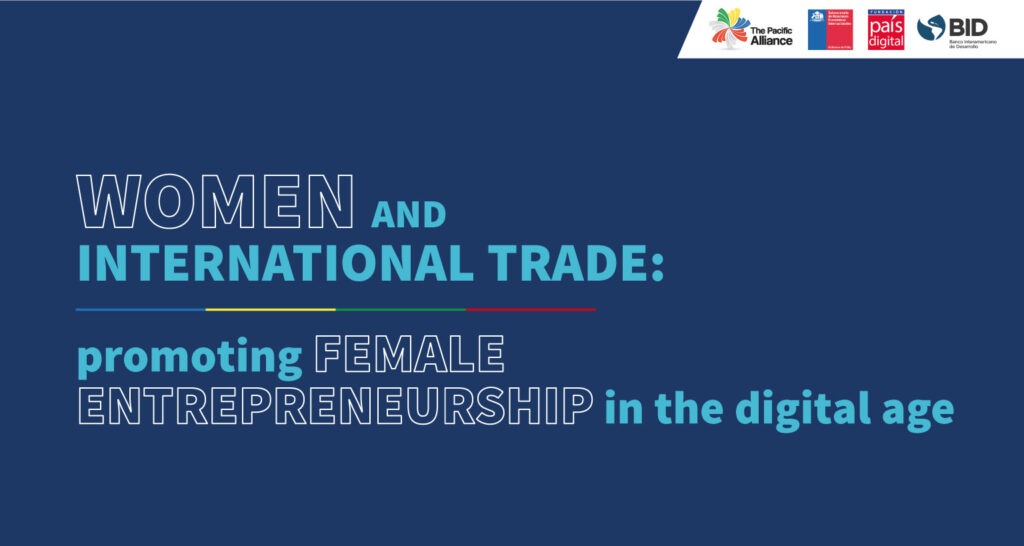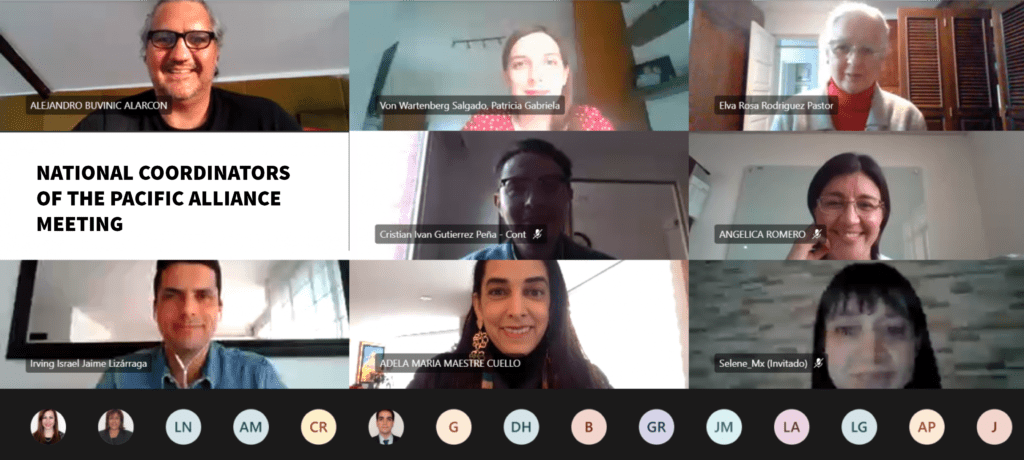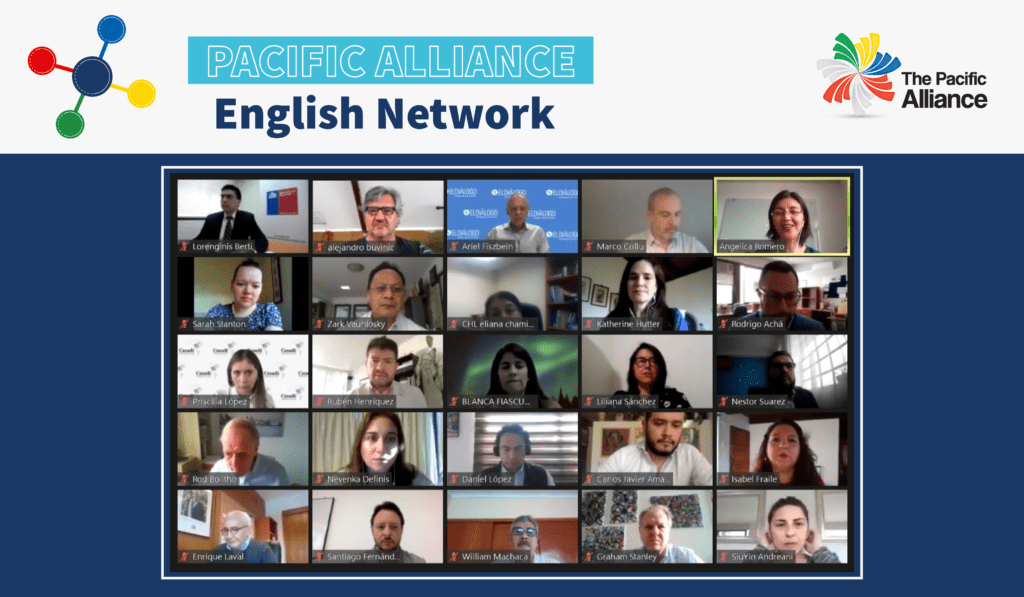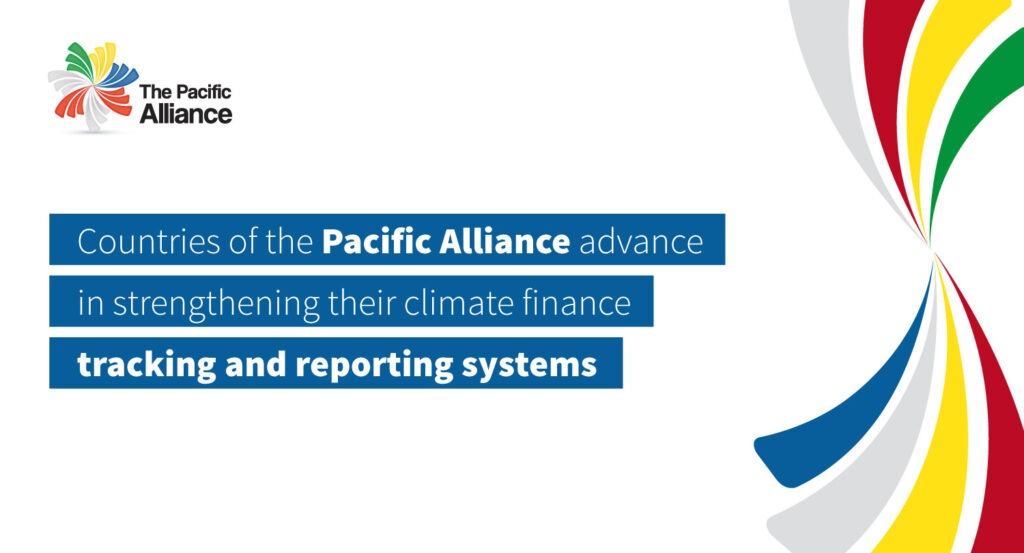Consolidating the Pacific Alliance with a projection to the world, with special emphasis on the Asia Pacific, has been one of the objectives of Chile, Colombia, Mexico and Peru since the beginning of this regional dream 10 years ago. The joint work has focused on four fundamental axes, one of which is to achieve a More Global Alliance. And there are several achievements in this area in terms of economic, commercial, cooperation and external relations.
One of them is the promotion of trade in goods, services and tourism. To date, more than 180 promotional activities have been carried out, including eight business macro-rounds, eight entrepreneurship and innovation forums (LAB4) and six tourism macro-rounds.
These iconic events, as a block, have had the participation of more than 3,500 companies from the four countries and generated business expectations for close to USD 1 billion. By 2021, the joint promotion plan contemplates 11 strategic pillars to be developed through more than 30 actions, which focus on key aspects to contribute to the secure reactivation of the region’s economy, including topics such as: public procurement, e-commerce, attracting foreign investment and tourism.
Meanwhile, thanks to the establishment of the Cooperation Fund, 4 projects were approved last year for the socio-economic reactivation of the region in the face of the impact of the COVID-19 pandemic. These were in the areas of job training, social development, tourism promotion and teacher training, for an amount of nearly US$432,000. Likewise, with the observer States, cooperation has been sought to be boosted. Therefore, since 2019, two Cooperation Forums have been held to consolidate the support that these partners have given to the Alliance.
In external relations, substantial progress is being made in the process of converting Singapore into an associate state of the Pacific Alliance, and the terms of reference that will guide negotiations with Ecuador and South Korea have already been finalized. Together with Australia, Canada and New Zealand, this makes them the six candidates for associate status in the Pacific Alliance.
These countries are important players on the world scene, especially in Asia-Pacific, and would represent an opportunity for the Alliance to increase the volume of exports with a view to greater diversification of markets, products and global value chains, with a population of more than 70 million consumers with high purchasing power.
PACIFIC ALLIANCE PPT COMMUNICATIONS

